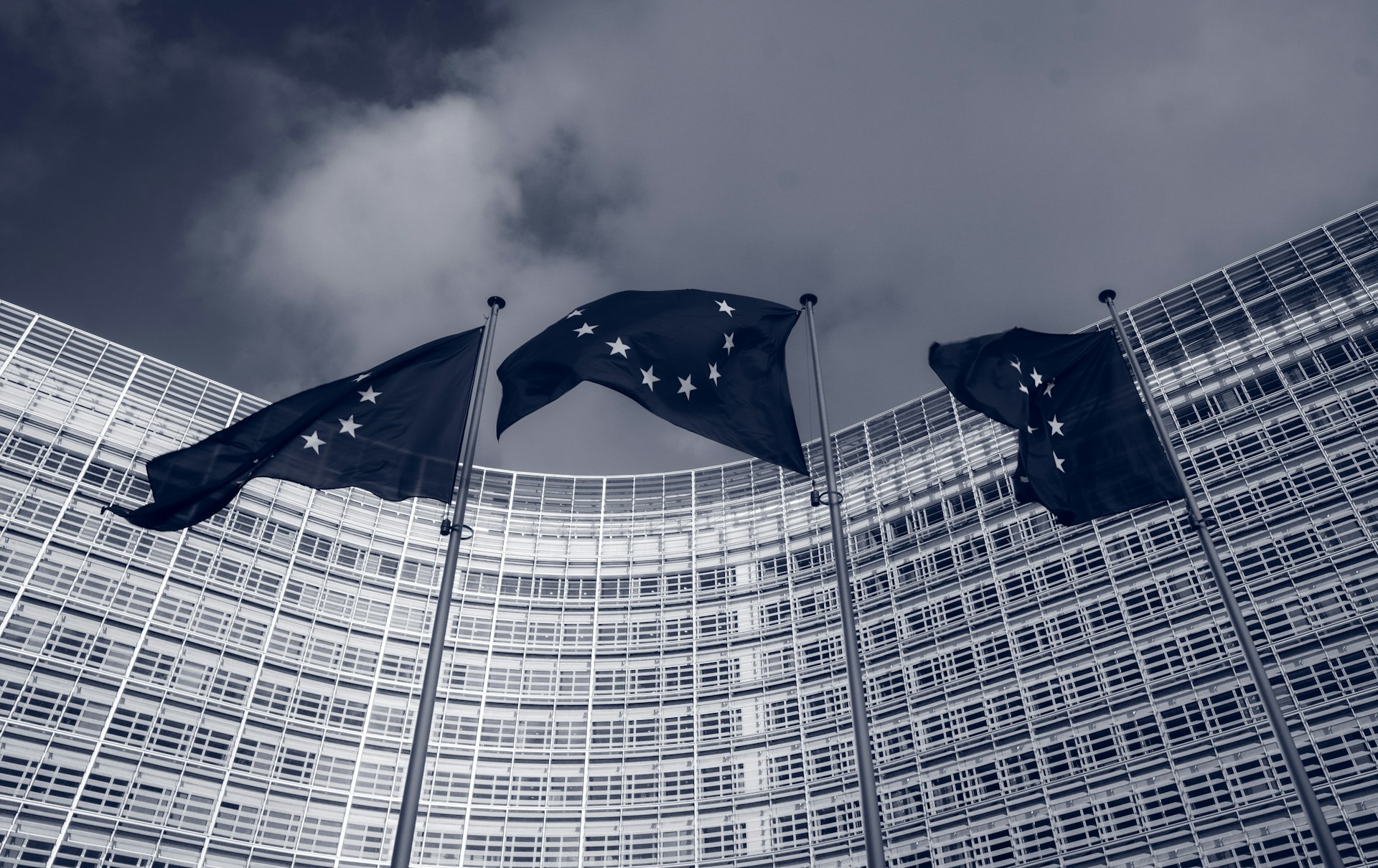As the sun set over Dubrovnik, the day’s debates gave way to quieter but no less pointed conversations. In a tucked-away conference room, former Polish Prime Minister Mateusz Morawiecki leaned in—measured, focused—as he laid out his vision for a Europe grounded in national sovereignty. The ECR gathering may have been winding down, but this exchange felt like a defining moment.
You could see the intensity in his eyes when he talked about the new EU migration pact. For him, this isn’t just some arcane legislative twist—it’s a fundamental question of who calls the shots. “The EU should not be a place where a single, top-down decision fits all,” he said. His voice carried the weariness of someone who’s navigated these debates for years, but it was far from resigned. In Morawiecki’s view, Europe runs the risk of smothering its own diversity by forcing member states into one-size-fits-all solutions.
He spoke about the years when he and his counterparts in Hungary and the Czech Republic managed to ensure that migration decisions couldn’t just be imposed by majority vote. Back then, unanimity was the rule, preserving each nation’s right to say, “We’re willing to do this—but on our own terms.” He’s frustrated that Poland’s new administration hasn’t followed that same playbook. “They’re letting Brussels set the tone,” he said, shaking his head slightly. “And that’s a mistake we’ll pay for later.”
But this wasn’t just about lines on a map or tallying quotas. Morawiecki broke migration down into four categories to hammer home his point: there are genuine refugees—like those who fled Ukraine—whom Poland welcomed with an open door, offering healthcare, schooling, and a real chance at stability. “We’ve proven we’re not heartless,” he noted. “When people are truly in danger, we step up.”
Then there’s what he called “weaponized migration,” orchestrated by Belarus or Russia to stoke chaos at Poland’s borders. His tone hardened here. This, he said, is where a country must show strength—securing borders and pushing back, quite literally, against those who use desperate people as pawns.
There’s also the matter of welcoming back Polish citizens who once left for greener pastures. He’s proud of the progress made on that front—these returnees, he believes, represent a healthy flow of human capital that strengthens Poland. Finally, he acknowledged that some migrants come for short-term work and then head home. “These nuances matter,” he said. “They’re not just numbers in a report. They’re real people and real situations that require careful thought.”
Stepping back, Morawiecki explained that his vision for the EU has always been one grounded in realism. He doesn’t dismiss ideals like climate protection, welfare, or defense—they’re all worthy goals. But trying to maximize everything at once is, in his view, unrealistic. The EU, he argued, needs to pick its battles and make tough choices. More importantly, it should respect the right of each nation to decide what those priorities look like on its own turf.
His criticism extended beyond migration. He spoke of Brussels tying cohesion funds to political conditions, a tactic he believes turns financial support into a stick used to corral member states into line. For a moment, he paused, as if weighing how far to go. Then he said plainly, “Europe works best when it respects differences. That’s always been its strength.”
As I listened, it struck me that Morawiecki’s position isn’t about shutting the door on cooperation. It’s about making sure that cooperation remains voluntary, shaped by what each country can realistically offer and absorb. He’s asking for a recalibration—less centralization, more common sense.
When our conversation ended Morawiecki stood up, shook my hand, and nodded politely before heading for the exit. Watching him leave, it was hard not to sense that this isn’t just policy to him. It’s personal. The sovereignty he defends is, in a way, a reflection of the sovereignty he feels over his own words, his own values, and his own vision for what Europe could and should be.
